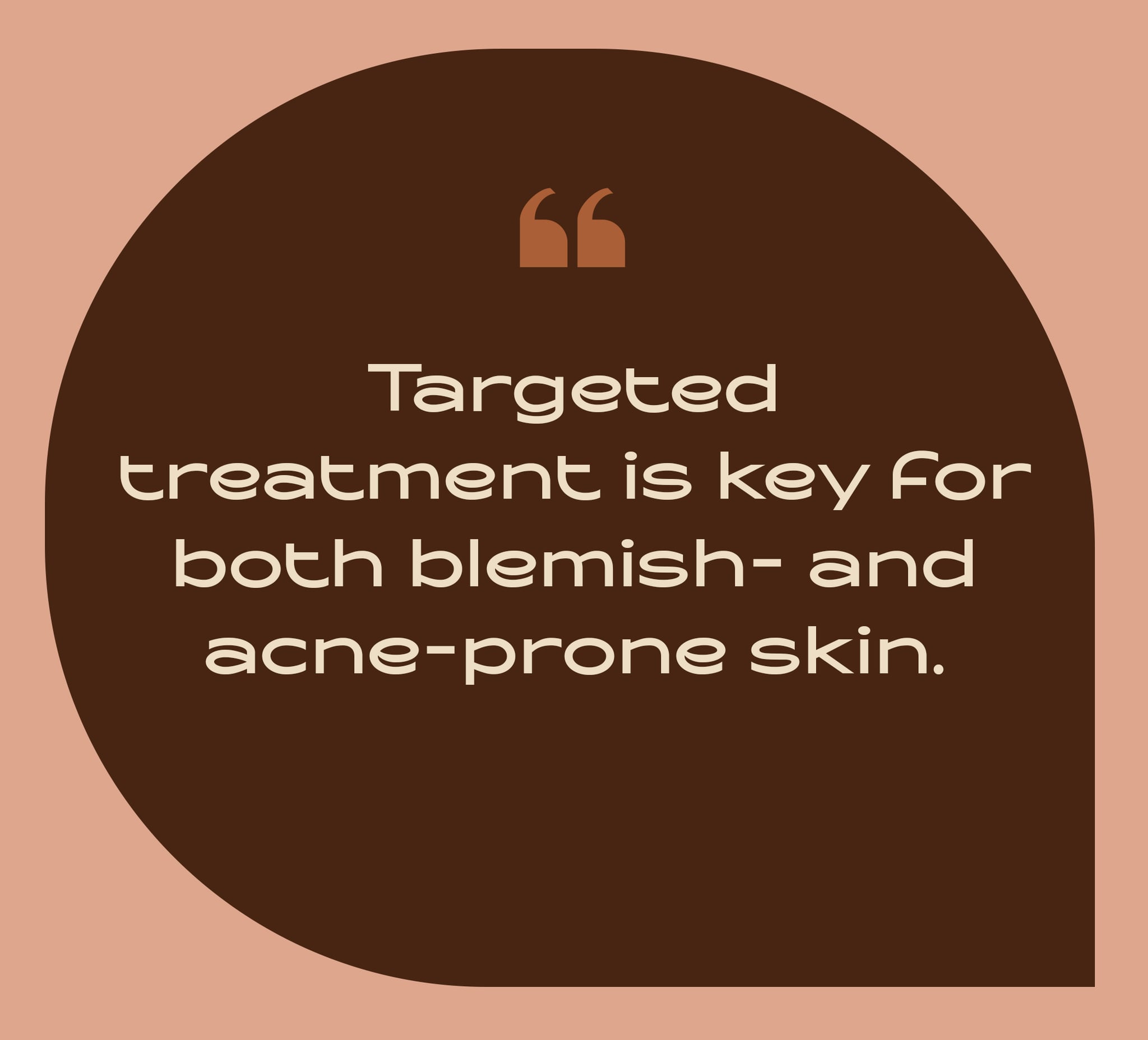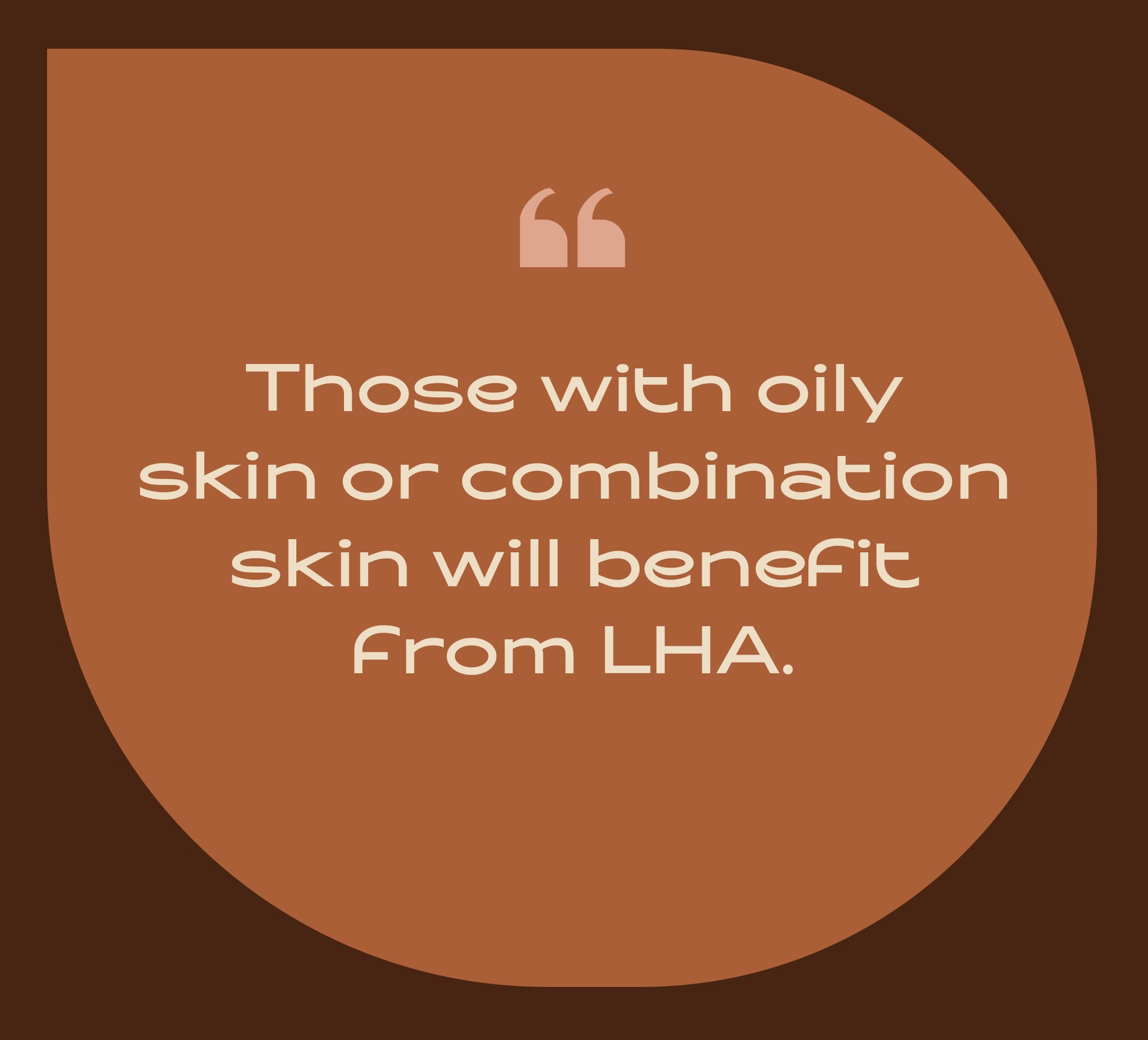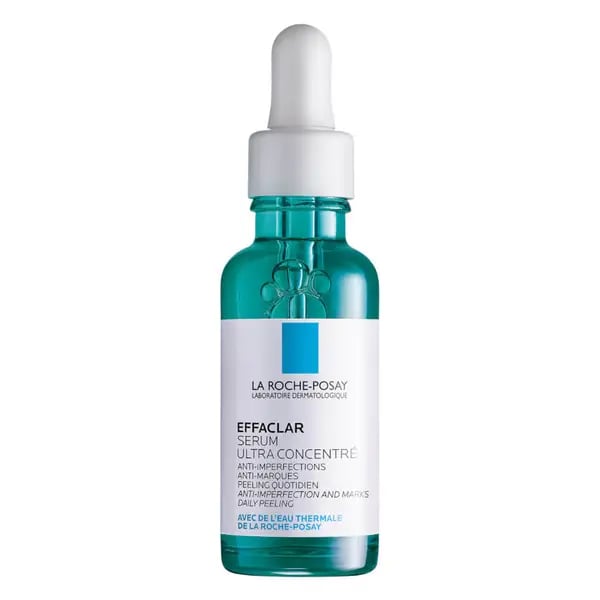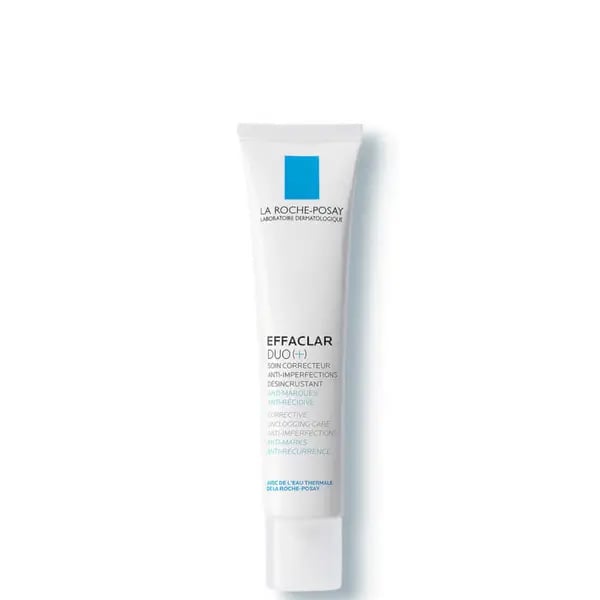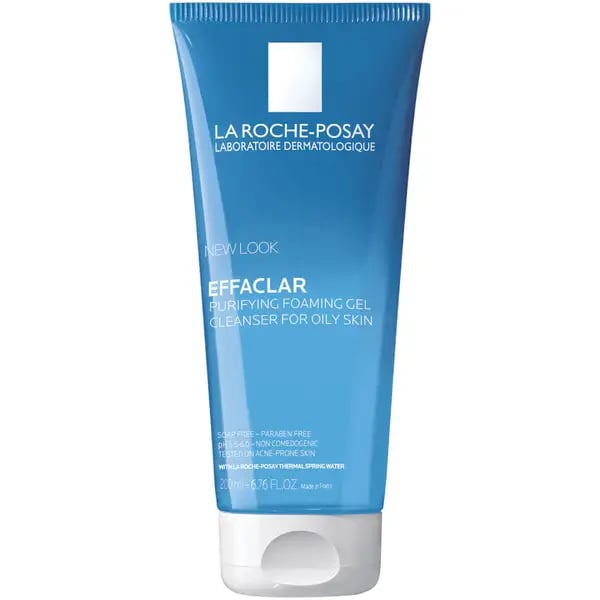We Got Real With a Derm About Different Skin-Care Concerns — and How to Actually Treat Them

Although we all like to believe we’re armchair experts, there are just some skin-care concerns you need a professional to weigh in on. While some concerns are self-explanatory — dry skin is relatively easy to spot — others, specifically related to blemishes, are trickier to define and even more delicate to treat. But we think we finally have the answers — or, at least, some of them.
Skin-care concerns, like acne or hyperpigmentation, aren’t one-size-fits-all. However, there are common signs that can help you identify exactly what you’re dealing with. We enlisted Zainab Laftah, MBChB, MRCP, a dermatology consultant, to share some of those common symptoms, as well the best ingredients to target them. Ahead, read up on her expert advice and the products that can be of assistance.
What Is It:
Acne is a chronic skin condition. This typically includes the development of whiteheads and blackheads. People with acne-prone skin can also experience painful recurrent inflammatory lesions, such as pustules, nodules, and cysts. Acne is defined by persistent inflammation and blockage of oil glands, while blemishes, or the occasional spot, are a symptom of another condition, like oily or combo skin. Acne — and acne-prone skin — is a skin condition in itself.
What Ingredients May Help:
“For moderate to severe acne, treatment under the guidance of a dermatologist is recommended and often involves anti-inflammatory and retinoid-based oral medication,” Dr. Laftah says. However, there are some topical ingredients that could help target some of the major symptoms of acne. “Targeted treatment is key for both blemish- and acne-prone skin,” Dr. Laftah says. “For occasional blemishes, salicylic-acid- and benzoyl-peroxide-based skin-care products are effective at reducing risk of blemishes and as a spot treatment, respectively.”
Keep in mind that acids, like salicylic acid, do not pair well with retinoids. In fact, the powerful combination might be too harsh for skin and lead to irritation and redness. Instead, find products that cocktail acids with hydrating ingredients like glycerin. The La Roche-Posay Effaclar Duo(+) Moisturiser utilises salicylic acid, glycerin, and niacinamide. Together, these ingredients can help to unclog pores and reduce the risk of a future breakout without dehydrating skin.
What Is It:
Your skin naturally produces oil (aka sebum), but when it begins to produce too much, glands can become clogged with sebum, dead skin cells, and just about everything else your skin comes in contact with (think: pollutants, dirt, etc.). This leads to oily skin.
If your skin is sometimes oily but also sometimes dry, then you most likely have combination skin. Thanks to sebum overproduction, both oily and combination skin are prone to developing blemishes.
What Ingredients May Help:
Choosing the right cleanser is important, especially with skin that tends to be oily. Foaming cleansers, like La Roche-Posay Effaclar Purifying Foaming Gel, cleanse skin without drying it out. This cleanser in particular uses zinc PCA to reduce sebum production while also moisturising the skin. Finding ingredients that can do both is crucial for oily skin types.
Oily and combination skin also love acids, especially beta-hydroxy acids (BHAs). BHAs are oil-soluble chemical exfoliants that can deeply penetrate the skin to unclog pores. While people with oily and blemish-prone skin are most likely familiar with BHAs like salicylic acid, there’s one under-the-radar acid that can be just as effective: lipohydroxy acid (LHA).
“Those with oily skin or combination skin will benefit from LHA,” Dr. Laftah says. LHA is a derivative of salicylic acid and targets sebum-heavy glands, so it’s helpful when trying to prevent blemishes. Since LHA is a mild exfoliant, it can easily layer with others. The La Roche-Posay Effaclar Ultra Concentrate Serum is enriched with LHA, salicylic acid, and glycolic acid to unclog pores, visibly smooth the skin surface, and stimulate skin-cell renewal. This serum also features niacinamide, which can help to reinforce the skin barrier and combat moisture loss, and La Roche-Posay Thermal Spring Water, a mineral water with soothing properties that reduces skin irritations.
What Is It:
Hyperpigmentation happens when your skin produces too much melanin, a naturally occurring substance that gives your skin pigmentation, resulting in the appearance of dark spots. Some of the most common types include melasma, sun spots, and postinflammatory hyperpigmentation, which usually occurs from acne or the occasional spot.
“Postinflammatory hyperpigmentation can develop as a result of overproduction and transfer of melanin to surrounding skin cells due to inflammation in the skin.” Dr. Laftah says. “The pigmentation is confined to the top layer of the skin and will disappear once melanin production becomes normalised.”
Although hyperpigmentation can develop in all skin types, it’s most common for people with dark skin tones. “Typically those with skin that easily tans can be affected by postinflammatory hyperpigmentation,” she says.
What Ingredients May Help:
According to Dr. Laftah, treatment of hyperpigmentation includes two steps: fading the pigmentation, and preventing worsening of the pigmentation. Key active ingredients that can help fade excess pigmentation include niacinamide, glycolic acid, kojic acid, hydroquinone, and retinoids. She recommends gradually increasing the frequency and concentration of these ingredients to prevent potential inflammation and worsening of pigmentation.
Sun protection is crucial, too. Sun exposure is one of the common ways to worsen hyperpigmentation, so Dr. Laftah suggests prioritising daily sunscreen use, preferably SPF 50+, and regular vitamin C use, which can help fade dark spots.
Shop the Article
-
La Roche-Posay Effaclar Ultra Concentrate Serum
£33
from lookfantastic.comBuy Now
La Roche-Posay Effaclar Duo(+) Moisturiser
£18
from lookfantastic.comBuy Now
La Roche-Posay Effaclar Purifying Foaming Gel
£13
from lookfantastic.comBuy Now
Source: Read Full Article
